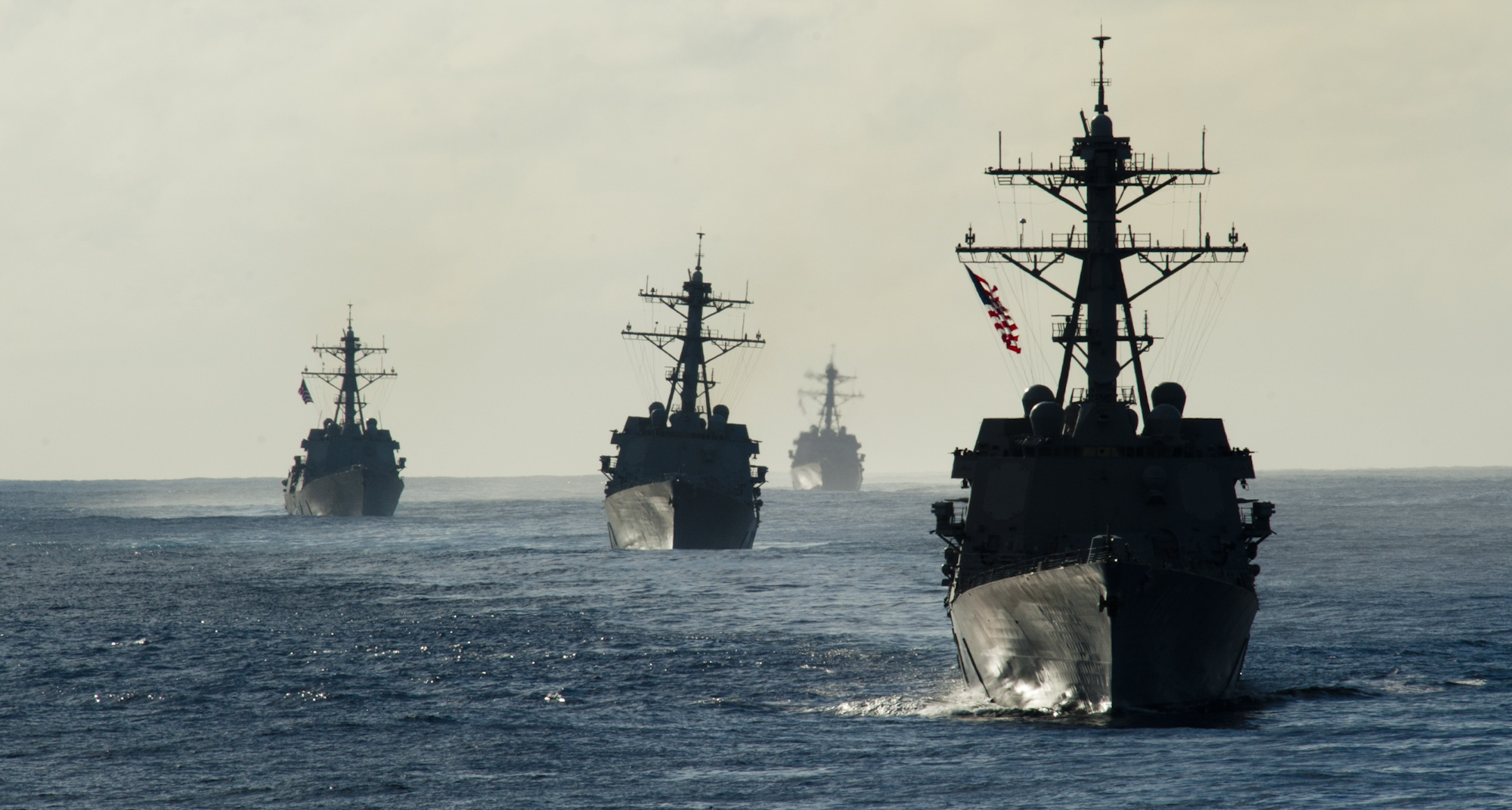
Huff Post – Fighting Pirates With Paper: How the Law of the Sea Is Important in the Fight Against Piracy
The United States, though supportive of this international precedent, has failed to adopt its premise. Some policy makers perceive it as constricting U.S. foreign policy, but ratifying it would do quite the opposite. The Law of the Sea would expand U.S. policy by guaranteeing rights to the rich energy resource and mineral deposits contained within the North American continental shelf.
As Mark Vlasic, an Adjunct Professor of Law at Georgetown University, writes:
Much has already been written about how our failure to ratify the Convention prevents us from reaping billions of dollars from the rights to oil, natural gas and rare earth mineral resources in our extended continental shelf (indeed, puzzling considering our country’s current financial situation). What is left unsaid, however, is how we continually strain our credibility with allies who wish to work with us, despite our failure to ratify the Convention. This tension plays out every day at the International Maritime Organization, where the United States must gain global support to fight piracy, and keep our sea lanes safe and our waters clean
Vlasic’s main point is that the Law of the Sea would greatly aid the U.S.’s legal stance in fighting pirates, specifically around the horn of Africa and Gulf of Aden. Security is the focus in this, but energy is the subtle undertone throughout as that’s what needs securing. Rigs and U.S. bound tankers can be protected by the Law, as laid out below:
The Convention removes all ambiguity. It specifically spells out criminal laws and jurisdiction throughout world’s oceans. It locks-in freedom of navigation, asserting that no state may subject any part of the high seas to its sovereignty. It gives every state the right to sail ships flying its flag on the high seas, conduct military exercises, fight illicit drug trafficking, and gather intelligence — all essential to our national defense. For these reasons, our military commanders have long advocated for its ratification.
Better than a good insurance policy one could take out for their oil tanker, the Convention of the Law of the Sea would protect U.S. interests, and clarify the reach of international law on the High Seas. This is important in light of increased tensions between Iran and the U.S., especially those centered around the Strait of Hormuz.
Read the rest of the article here.






[…] Dorsk: Huff Post – Fighting Pirates With Paper: How the Law of the Sea Is Important in the Fight A… […]